The European Commission has release its Winter 2024 Economic Forecast. The current EU leadership appears to focus its economic goal on bankrupting Russia without any regard to energy prices or farmers. Does the report suggest that Brussels is succeeding?
The the past year and a half saw that the growth outlook for the European economy has been repeatedly revised downwards, while the Russian economic outlook has been repeatedly revised upwards.
The International Monetary Fund issued its most recent report at the end of January, increasing Russia's economic outlook from 1.1 to 2.6 percent. In parallel, the Commission's forecast published on Thursday revised the economic prospect for the EU from 1.3 to 0.9 percent.
In light of these revisions, it is absurd that the European Commission is working on the 13th and 14th sanction packages. The economic difficulty that the European Union has drifted into is largely the result of the sanctions, as many international analysts point out.
Unfortunately, figures show that we have systematically overestimated the damage Russia suffers due to these sanctions and systematically underestimated the harm caused to Europe.
This implies that a change in the sanctions policy is needed.
According to press reports, the 13th sanctions package may also target a significant number of Chinese and Indian companies. Is the EU now looking to cut itself off not only from Russia but also from other major partners?
Since the 11th package, the EU has put the focus in its sanctions policy not on Russia, but on "third countries", primarily China.
This also means that the punitive measures affect the Russian economy less and less, but pose an even greater threat to Europe than before.
China is the European Union's biggest import partner and second most important export market, thus an escalation of a trade conflict carries extreme risks. A decline in trade relations could seriously hurt the European economy.
The report shows that the prospects for the Eastern European region are particularly good. What can we conclude and how could the region's role change in the future?

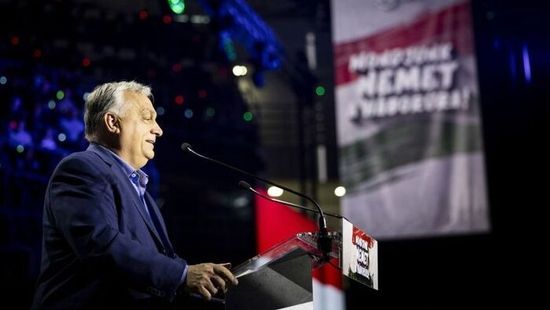




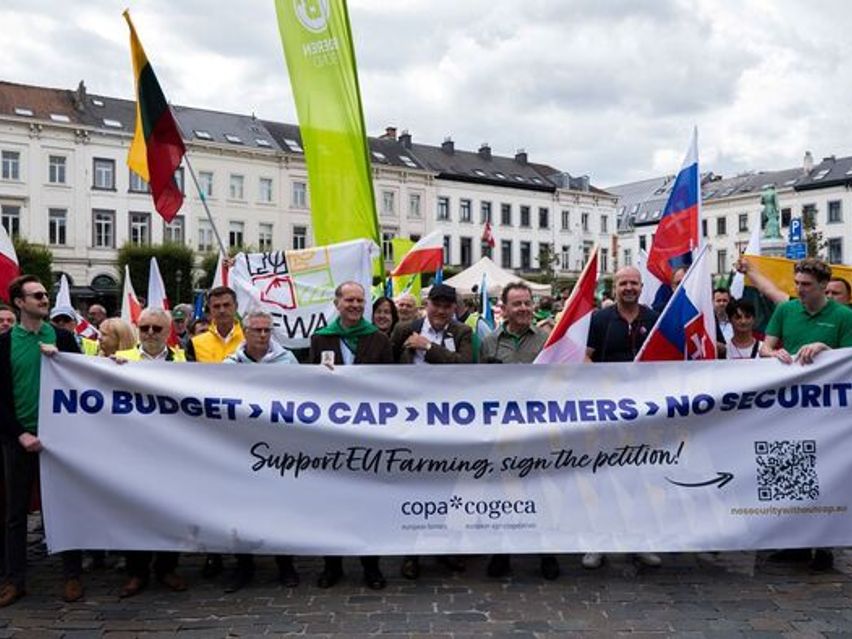
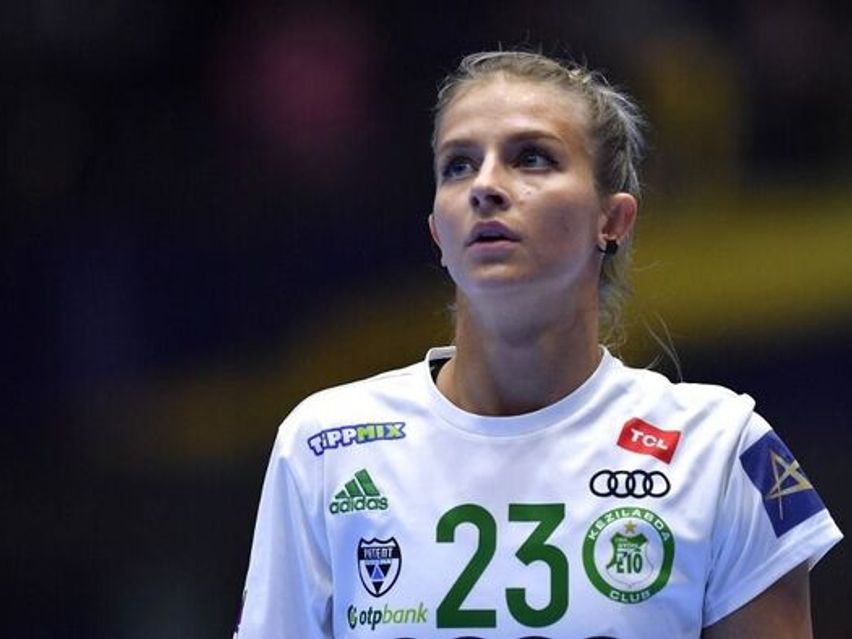





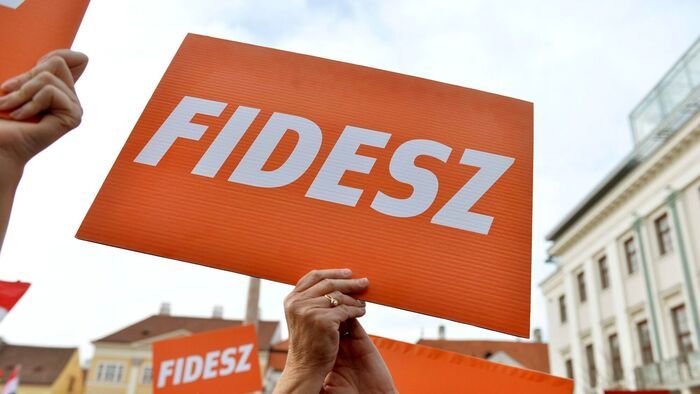



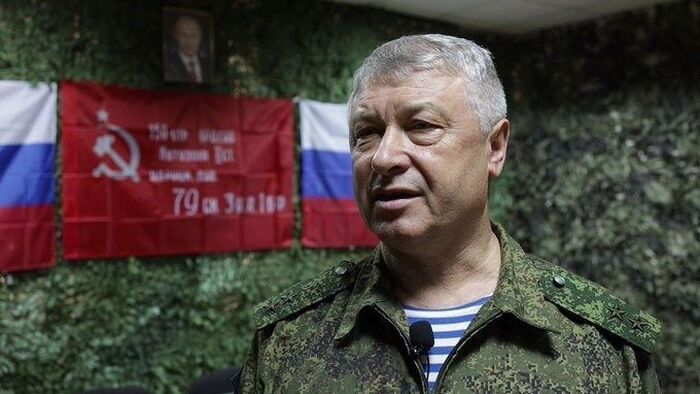



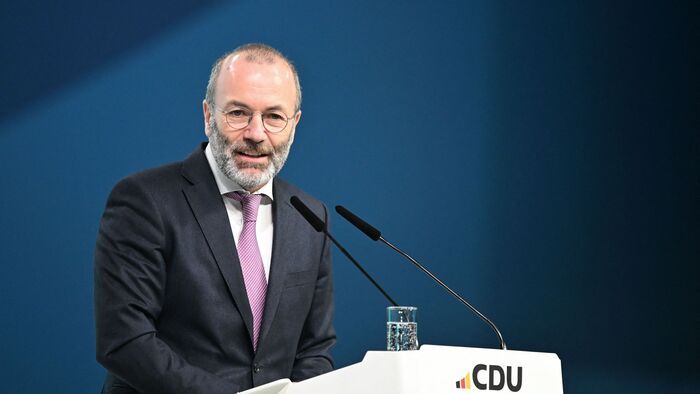

Szóljon hozzá!
Jelenleg csak a hozzászólások egy kis részét látja. Hozzászóláshoz és a további kommentek megtekintéséhez lépjen be, vagy regisztráljon!